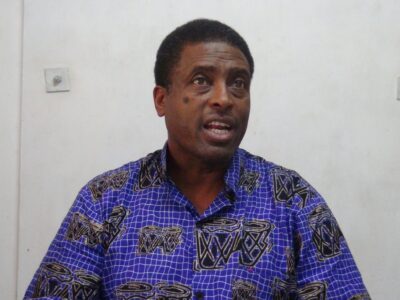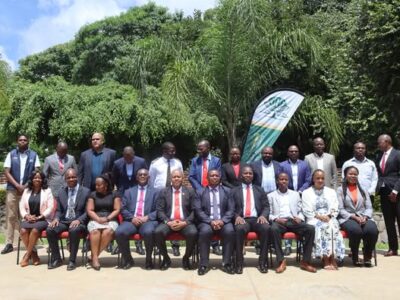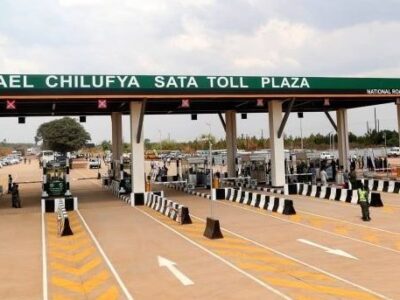The World Bank has highlighted persistently high levels of poverty and inequality in Zambia, emphasizing the need for stronger and more inclusive economic growth to reverse the country’s development challenges.
In its latest report, Zambia Poverty and Equity Assessment: Turning Things Around After a Lost Decade, published on Thursday, the World Bank noted that while mining remained a key driver of economic growth, additional efforts are required to ensure sustainable poverty reduction and fiscal stability.
“Mining will continue to be a major driver of economic growth, which is critical for reducing poverty and increasing fiscal revenue,” the report stated.
The report also underscored the potential of Zambia’s emerging energy transition minerals sector, describing it as a promising avenue for sustainable economic development.
However, it stressed that achieving meaningful poverty reduction and long-term prosperity would require a shift towards private-sector-led growth that generates quality jobs at scale.
To accomplish this, the Bank recommended a comprehensive approach to address key development gaps, including access to basic services, investment in connectivity, economic diversification, improved agricultural productivity, enhanced healthcare and education, and the promotion of good governance.
The report warned that Zambia’s current economic growth projections remain insufficient to significantly reduce poverty. It also highlighted the increasing threat of climate shocks, which pose a persistent challenge to economic stability.
“With climate shocks becoming a persistent challenge, it is essential to solidify macroeconomic stability and enhance the quality of service delivery to boost resilience,” the World Bank stated.
Additionally, the report called for policy adjustments and more efficient public investment to address structural barriers to inclusive growth.
It emphasized that improving the income-generating capacity of the poor would require a focus on asset accumulation, inclusive access to markets and services, and resilience-building measures.
The findings provided an opportunity for policy action, urging the Zambian government to implement targeted reforms that foster economic inclusivity and long-term development.
WARNING! All rights reserved. This material, and other digital content on this website, may not be reproduced, published, broadcast, rewritten or redistributed in whole or in part without prior express permission from ZAMBIA MONITOR.












Comments